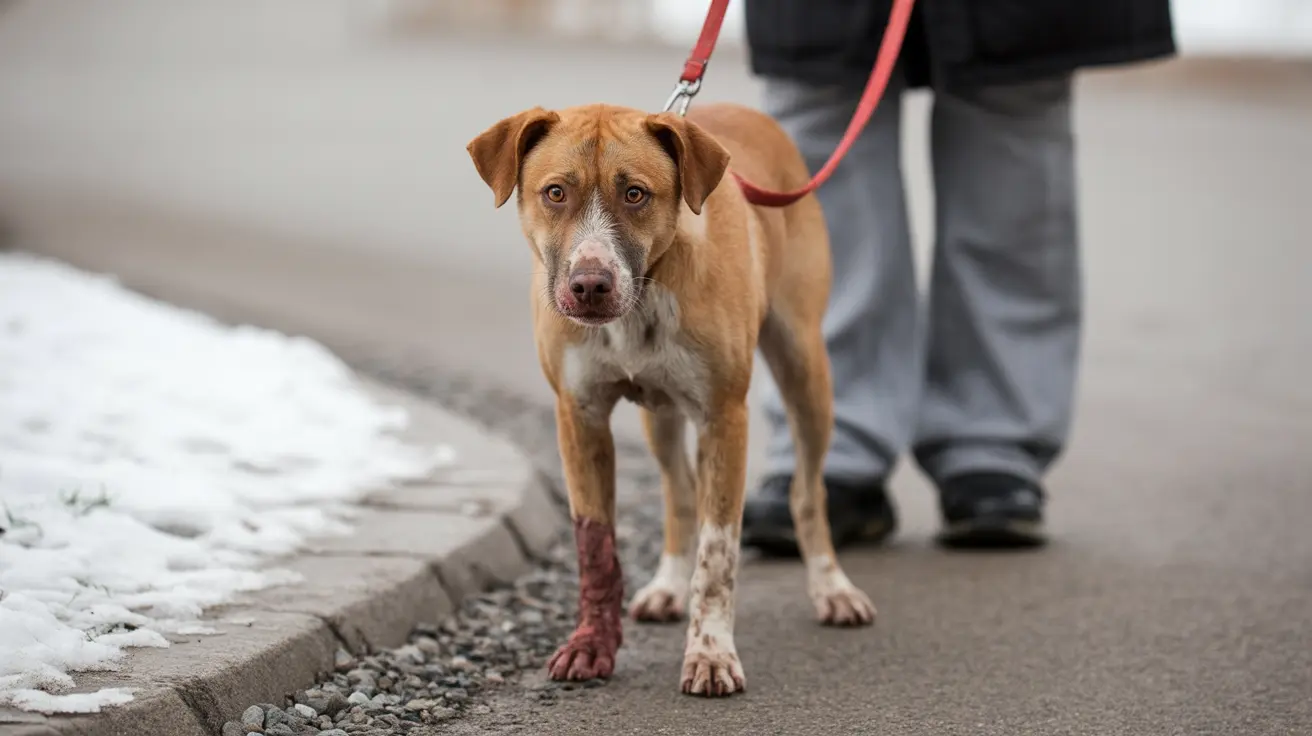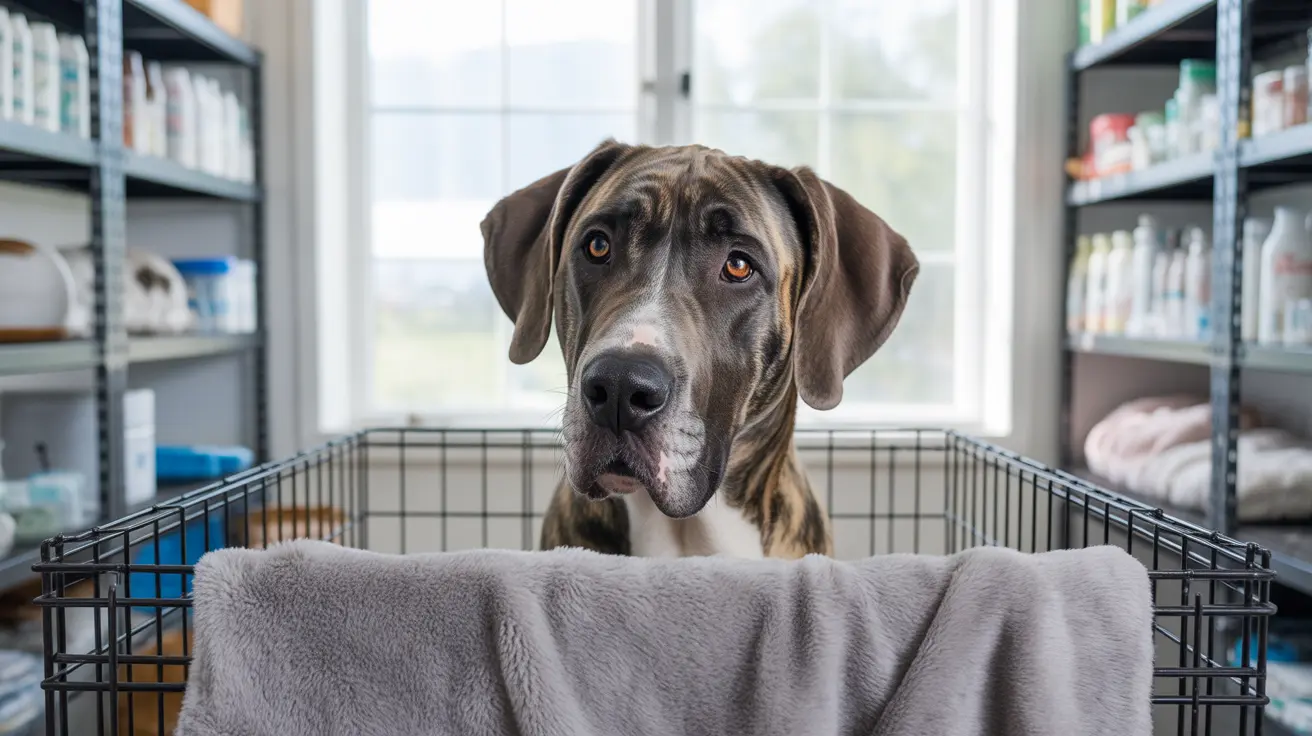Can Cats Eat Chicken? A Complete Guide for Pet Owners
Cats are known for their selective taste and unique dietary needs. As obligate carnivores, they thrive on animal-based protein, making meat an essential part of their diet. One commonly asked question by cat owners is: can cats eat chicken? The answer is yes—but with specific guidelines to ensure safety and nutritional balance.
Why Chicken Is a Good Protein Source for Cats
Chicken is rich in lean protein, essential for maintaining muscle mass, supporting immune functions, and promoting overall health in cats. It’s easily digestible and commonly used in commercial cat foods.
Safe Ways to Feed Chicken to Cats
To safely incorporate chicken into your cat’s diet:
- Cook the chicken thoroughly – Undercooked or raw chicken can harbor bacteria like Salmonella and E. coli.
- Serve plain – Avoid spices, oils, or marinades. Ingredients like garlic and onions are toxic to cats.
- Remove bones and skin – Chicken bones can splinter and cause choking or internal injuries. Skin adds unnecessary fat.
- Limit portions – Chicken should only supplement a complete diet. For adult cats (6+ months), up to two tablespoons per day is safe. Kittens should get only 1–2 teaspoons daily.
Risks of Feeding Chicken Improperly
Improper feeding can pose several risks:
- Nutritional deficiencies – Chicken alone doesn't provide complete nutrition. Cats also need taurine, calcium, and fatty acids found in balanced commercial foods.
- Choking hazards – Both raw and cooked bones are dangerous.
- Food poisoning – Undercooked or contaminated meat can cause severe illnesses.
What About Canned or Processed Chicken?
Canned chicken is often high in sodium and may contain added preservatives. While it’s generally safe if rinsed thoroughly, it’s not ideal for regular feeding.
Fried chicken and fast food items like chicken nuggets are unsuitable due to fat, batter, and seasoning content.
Can Cats Have Raw Chicken?
Some believe in feeding a raw diet that mimics a cat’s ancestral eating habits. However, raw chicken poses a risk of bacterial and parasitic infection, such as:
- Salmonella
- E. coli
- Campylobacter
- Toxoplasma gondii
If you choose to feed raw, it should be high-quality, human-grade meat and handled with great care. Consulting a vet is strongly recommended.
Chicken Broth as an Alternative
Unseasoned and salt-free
homemade chicken broth can be a valuable hydration source. Avoid store-bought broths that contain onions, garlic, or high sodium.
Other Safe Protein Sources
Besides chicken, cats can safely consume:
- Turkey – Cooked and plain
- Beef – Lean cuts only
- Fish – Such as salmon or tuna, offered in moderation due to potential mercury content
- Eggs – Cooked and unseasoned
Non-Meat Foods Cats Can Eat Occasionally
Though cats are not vegetarians, some non-meat options can be safe in small quantities:
- Plain yogurt or cottage cheese
- Steamed green beans
- Broccoli florets
- Cucumber slices
Foods to Avoid Entirely
Some human foods are toxic or dangerous for cats:
- Onions, garlic, and chives
- Chocolate, grapes, and raisins
- Alcohol and caffeine
- Bread dough and xylitol
- Deli meats or processed meats
Monitoring and Introducing New Foods
When offering a new food like chicken:
- Introduce it gradually
- Observe for allergic reactions or digestive upset (vomiting, diarrhea)
- Consult your vet before major dietary changes
Conclusion: Moderation and Balance Are Key
Chicken can be a healthy treat or supplement for cats when served correctly and in moderation. However, it should never replace a nutritionally complete commercial cat food. Consistent portions, safe preparation, and veterinarian guidance ensure your cat enjoys both the benefits and safety of chicken.





